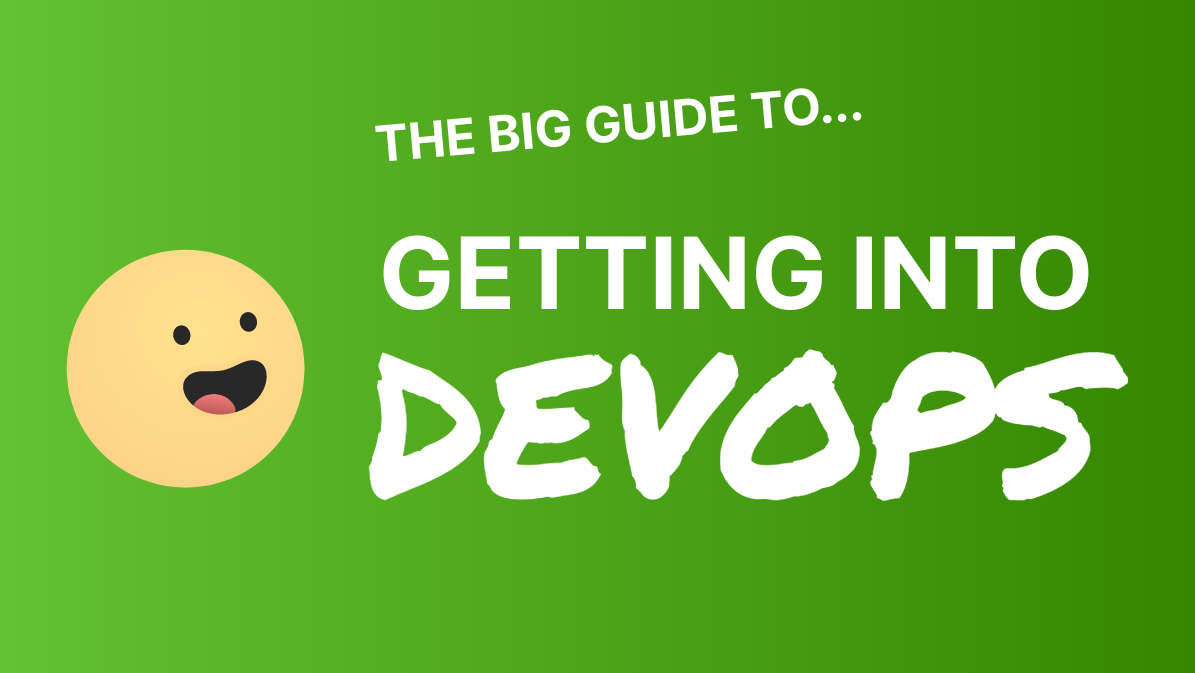Serenath
Epic Member
Hi everyone
As the title states, need some career / study advice please.
Worked in Tech Support for a few years now, and want to take the next steps towards furthering my career and pursue DevOps eventually.
Although still doing some research on what exactly is needed for DevOps (maybe some peeps currently working as can shed some light on this), thought id start with applying for a testing position at my current company, as i read testing (more precisely automation testing) is high in demand.
I did the ISTQB Foundation Cert exam last year, but unfortunately failed with two marks, and have the option to re-write it before end of March, otherwise i have to wait a whole year to write again. (Part of the Terms and conditions found on there website.)
This is basically a theory only course and exam, and does not really give you any hands on or practical exercise for the job at hand.
I am fairly certain i have a good chance getting the junior testing position regardless of having the Cert., although it would increase my chances nonetheless.
I was thinking try and apply for the job, if i land it,...work in it for a year and gain some valuable experience and then give the exam another go and then for the duration of this year try and pursue the Amazon Cloud Foundation Cert and / or maybe do a few Udemy short courses maybe (Microsoft Power Shell, Bash, PHP, JavaScript, NodeJS, Python) assisting in the climb for DevOps.
Any advice / guidance will greatly be appreciated.
Thanks in advance
As the title states, need some career / study advice please.
Worked in Tech Support for a few years now, and want to take the next steps towards furthering my career and pursue DevOps eventually.
Although still doing some research on what exactly is needed for DevOps (maybe some peeps currently working as can shed some light on this), thought id start with applying for a testing position at my current company, as i read testing (more precisely automation testing) is high in demand.
I did the ISTQB Foundation Cert exam last year, but unfortunately failed with two marks, and have the option to re-write it before end of March, otherwise i have to wait a whole year to write again. (Part of the Terms and conditions found on there website.)
This is basically a theory only course and exam, and does not really give you any hands on or practical exercise for the job at hand.
I am fairly certain i have a good chance getting the junior testing position regardless of having the Cert., although it would increase my chances nonetheless.
I was thinking try and apply for the job, if i land it,...work in it for a year and gain some valuable experience and then give the exam another go and then for the duration of this year try and pursue the Amazon Cloud Foundation Cert and / or maybe do a few Udemy short courses maybe (Microsoft Power Shell, Bash, PHP, JavaScript, NodeJS, Python) assisting in the climb for DevOps.
Any advice / guidance will greatly be appreciated.
Thanks in advance







